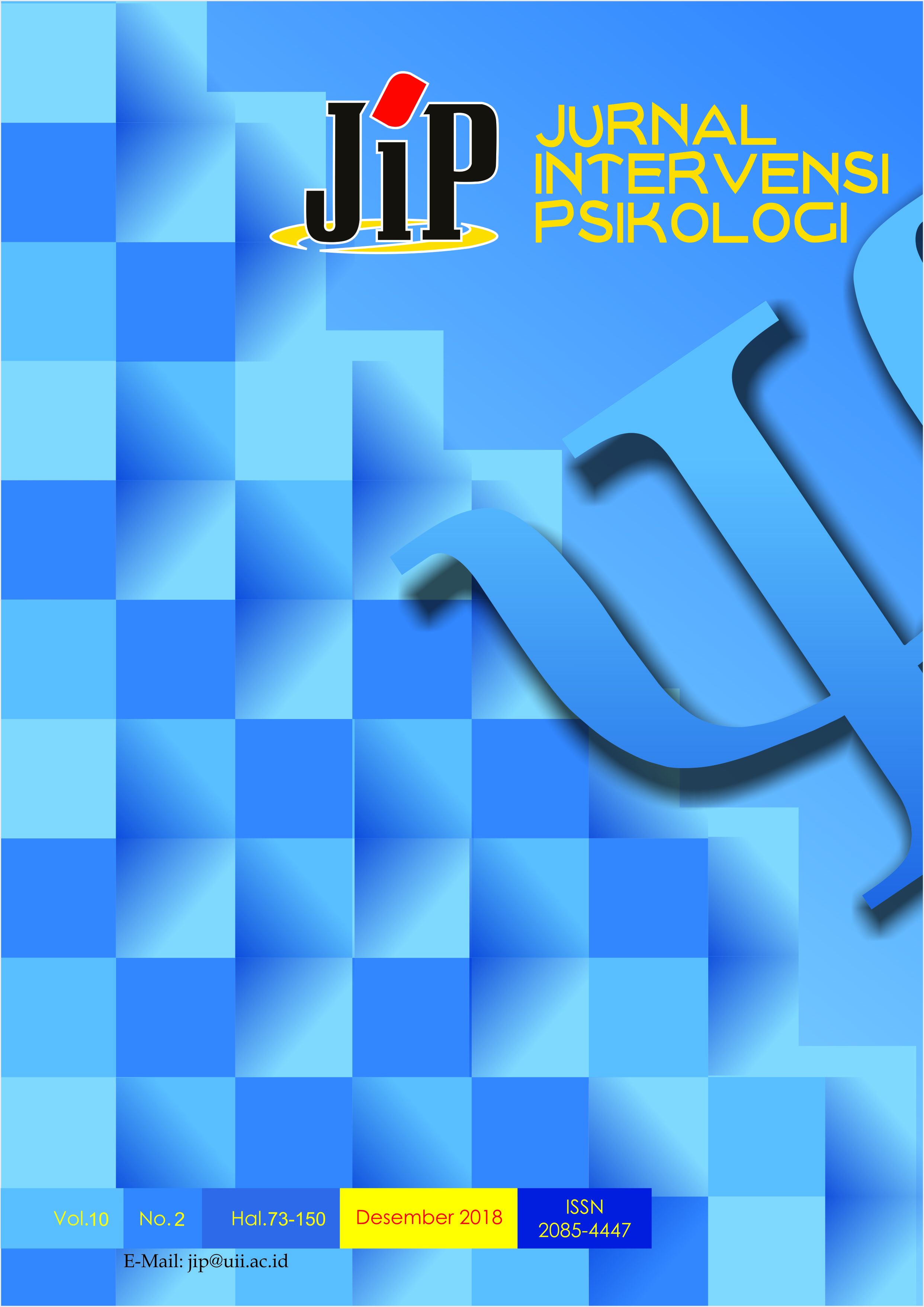Main Article Content
Abstract
Keywords
Article Details
Authors who publish with this journal agree to the following terms:
- Authors retain copyright and grant the journal right of first publication with the work simultaneously licensed under a Creative Commons Attribution-ShareAlike 4.0 International License that allows others to share the work with an acknowledgment of the work's authorship and initial publication in this journal.
- Authors are able to enter into separate, additional contractual arrangements for the non-exclusive distribution of the journal's published version of the work (e.g., post it to an institutional repository or publish it in a book), with an acknowledgment of its initial publication in this journal.
- Authors are permitted and encouraged to post their work online (e.g., in institutional repositories or on their website) prior to and during the submission process, as it can lead to productive exchanges, as well as earlier and greater citation of published work (See The Effect of Open Access).
References
- Abdullah (1998). Pendidikan Teoritis IPA. Jakarta : Kanisius
- As’ad M. (2003). Psikologi Industri, Seri Ilmu Sumber Daya Manusia. Jakarta: Liberty
- Crow, A. and Crow, L.D. (1994). Psikologi Pendidikan (penerjemah Kasijan). Surabaya: Bina Ilmu
- Decenzo dan Robbins. (1999). Human Resource Development, sixth edition. USA: John Willey & Sons Inc
- De Porter, B. & Hernacki. (2013). Quantum Learning. Bandung : Kaifa
- Hamalik. (2012). Proses Belajar Mengajar. Bandung: Bumi Aksara
- Hurlock, E.B. (1990). Perkembangan Anak Jilid 2. Jakarta : Erlangga
- Latipun. (2011). Psikologi Eksperimen. Malang : UMM Press
- Selman, V., Selman, R.C., & Selman, J. (2003). Quantum Learning: Learn Without Learning. International Busniess & Economic Research Journal. 4 (2) 47 – 50
- Slameto. (2010). Belajar Dan Faktor-Faktor Yang Mempengaruhinya. Jakarta: Rineka Cipta
- Sugihartono. Fathiyah, K.N. Harahap, F. Setiawati, F.A. Nurhayati, S.R. (2007). Psikologi Pendidikan. Yogyakarta: UNY Press
- Suryabrata, S (2004). Psikologi Pendidikan.edisi V. Jakarta : Rajawali Press
- Sutikno. (2009) Belajar dan Pembelajaran. Bandung : Prospect
- Walgito, B. (2002). Pengantar Psikologi Umum. Yogyakarta: Andi Offset
References
Abdullah (1998). Pendidikan Teoritis IPA. Jakarta : Kanisius
As’ad M. (2003). Psikologi Industri, Seri Ilmu Sumber Daya Manusia. Jakarta: Liberty
Crow, A. and Crow, L.D. (1994). Psikologi Pendidikan (penerjemah Kasijan). Surabaya: Bina Ilmu
Decenzo dan Robbins. (1999). Human Resource Development, sixth edition. USA: John Willey & Sons Inc
De Porter, B. & Hernacki. (2013). Quantum Learning. Bandung : Kaifa
Hamalik. (2012). Proses Belajar Mengajar. Bandung: Bumi Aksara
Hurlock, E.B. (1990). Perkembangan Anak Jilid 2. Jakarta : Erlangga
Latipun. (2011). Psikologi Eksperimen. Malang : UMM Press
Selman, V., Selman, R.C., & Selman, J. (2003). Quantum Learning: Learn Without Learning. International Busniess & Economic Research Journal. 4 (2) 47 – 50
Slameto. (2010). Belajar Dan Faktor-Faktor Yang Mempengaruhinya. Jakarta: Rineka Cipta
Sugihartono. Fathiyah, K.N. Harahap, F. Setiawati, F.A. Nurhayati, S.R. (2007). Psikologi Pendidikan. Yogyakarta: UNY Press
Suryabrata, S (2004). Psikologi Pendidikan.edisi V. Jakarta : Rajawali Press
Sutikno. (2009) Belajar dan Pembelajaran. Bandung : Prospect
Walgito, B. (2002). Pengantar Psikologi Umum. Yogyakarta: Andi Offset




